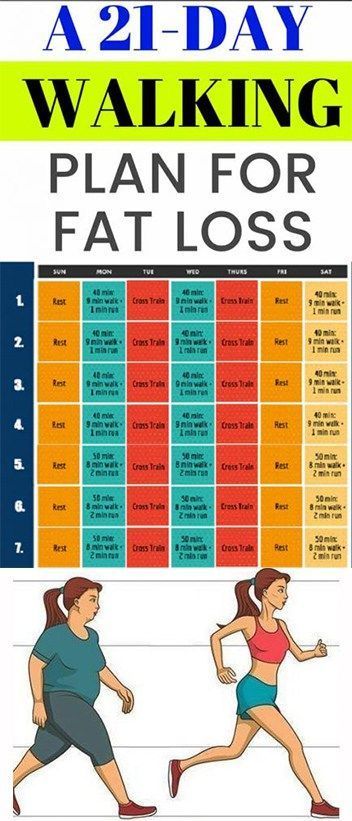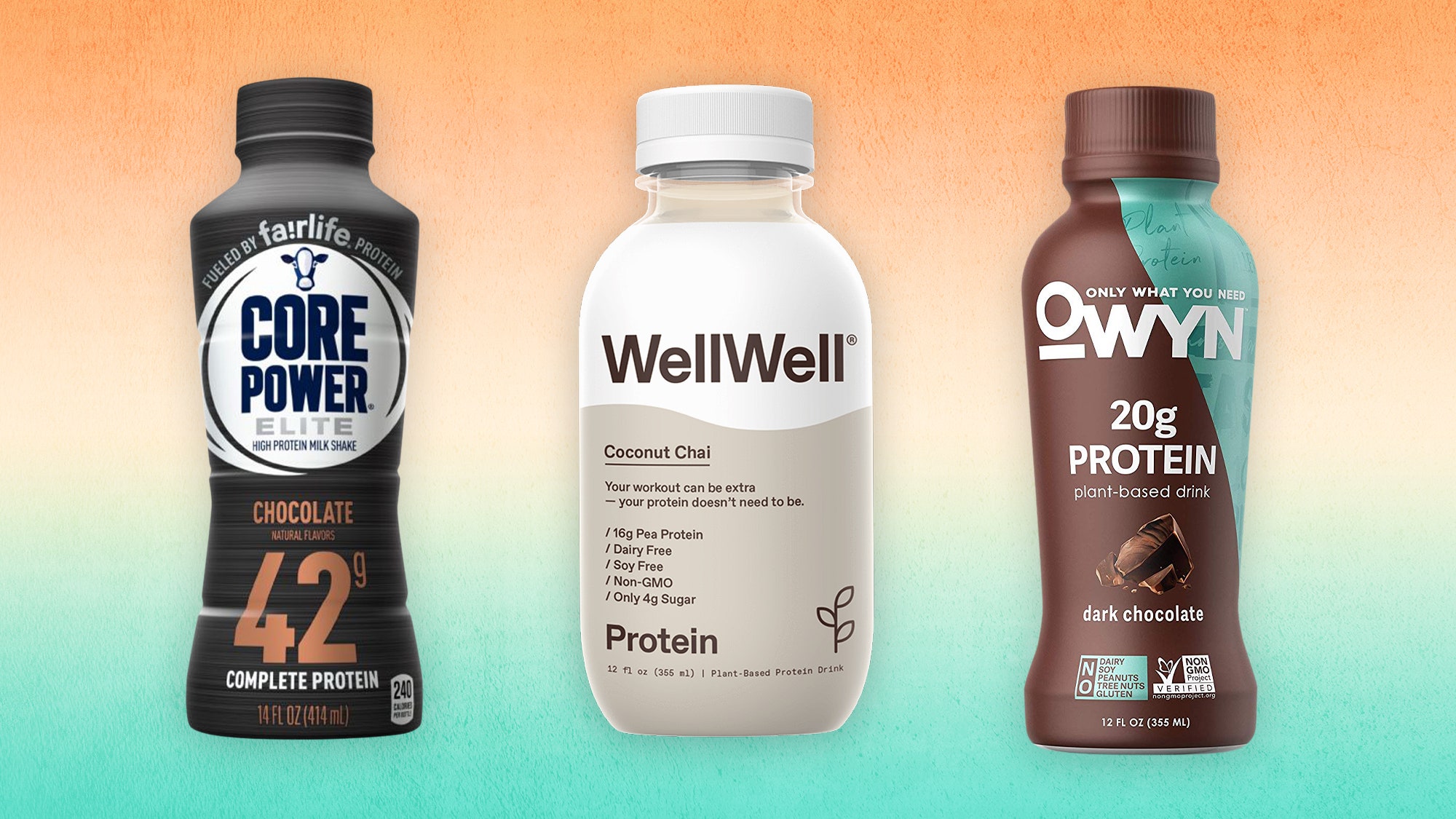
The second leading preventable cause for death in America is obesity. Studies have shown that overweight people are more at risk of premature death. It is not only difficult to lose weight due to the physical health risks associated with obesity. However, there are simple ways to prevent these mental health issues.
Negative thinking
If you are struggling with losing weight, negative thinking may be keeping you from reaching your fitness goals. Negative thinking can lead to physical stress in your body, which is often why you eat too much. Research has shown that the brain, and gut, are interconnected. Your gut contains trillions of microorganisms. It is possible to improve your health and well-being by challenging negative thoughts. Here are some ways you can stop thinking negatively about yourself and start living a healthy lifestyle.
Self-reflection
To lose weight successfully, you need to be honest with yourself. Weight loss can be a sign of a deeper emotional need. It is essential to question your weight loss goals. The Socratic method of questioning is a great way to find the root cause for your weight loss goal. Once you have identified the motivation behind your weight-loss goal, you can use a self reflection process to help you get there.
Take control of what you think
While it might seem good to eliminate comfort foods, it can cause negative thoughts about the body. Negative thoughts can also make you anxious or depressed and lead to emotional eating. Mentally losing weight is possible, but if your thoughts are out of control, you may find yourself reverting to emotional eating and bingeing on unhealthy foods. Anna Schafer Edwards is a registered marriage-and-family therapist intern. She suggests you take control over your thoughts. Ask yourself "Is this food worthwhile?"

Time for self reflection
Self-reflection and self-reflection are important tools for personal growth. The new year is an opportunity to start over. Many people make self improvement resolutions. People want to lose weight, quit smoking, or start an exercise program. You can make the necessary changes in your own life by taking the time to reflect on how you behave. Here are some suggestions to help you self-reflect.
FAQ
Is there a difference in intermittent fasting and calorie restrictions?
Calorie restriction is when you eat less than your body needs. Intermittent fasting differs from other types of intermittent fasting in that it does not restrict calories. It focuses on eating fewer calories during the day.
Intermittent fasting is more effective because it allows you to enjoy foods you love without feeling guilty.
Both methods have their merits and weaknesses. Decide which one you prefer.
What's the best exercise for busy people?
The best way to stay fit is by doing exercises at home. It doesn't take much to get fit. You can do simple exercises at-home without having to purchase expensive equipment.
It is all that you need: a pair or dumbbells, a pad, a chair and a timer.
You must be consistent with your training. If you miss a few days, then you may lose all motivation.
Three times per week is a good way to begin. This could include squats, lunges, push-ups, pull-ups, dips, curls, etc.
Once you've mastered the basics, you can start to move on to other types of exercise such as running or jumping rope, skiing, yoga, Pilates and dancing.
You should choose an exercise program that suits your life. Exercises that take too much energy, for example, might not be a good fit for someone who works long hours.
If you're a night-owl, you might consider working out in the evenings rather than in early morning.
Be aware of your body and rest when you feel tired.
What effect does intermittent fasting have on my sleep?
Yes, intermittent fasting can impact your sleep. Your hunger hormones rise when you skip meals. As a result, you may find yourself waking up at night.
Experts recommend skipping breakfast. They recommend eating a light snack before bed.
If you still wake up hungry after this snack, you can consume a small meal just before going to bed.
Be careful not to overeat. You will end up gaining weight rather than losing it.
How long should I fast intermittently to lose weight
It is not as easy as you think. There are many factors that need to be taken into consideration when deciding how many days of fasting is necessary for optimal fat loss. These are:
-
Your age. Intermittent fasting can be difficult for young people (under 40). This is because they have less time to recover after each fast. However, intermittent fasting may be too difficult for older people (over 60) who might not have the energy to continue a long period of daily fasting.
-
Your current body composition. Your current body composition. If you have a lot more muscle mass than you need, then you will likely be more successful with longer fasting periods. If you don't have a lot of muscle mass, shorter fasting periods may be more suitable.
-
How active you are. If you exercise regularly, you may need to extend your fasting window to ensure that you still get adequate rest between workouts.
-
Your health history. Additional fasting monitoring may be required for certain medical conditions such as diabetes or heart disease.
-
How well do you tolerate stress? Stressful situations often cause us to eat more. This problem can be avoided by increasing the length of your fasting periods.
-
Which type of diet you choose. Certain diets, like ketogenic diets, may require even longer fasting periods.
-
The quality of sleep you receive. Insufficient sleep has been associated with decreased metabolism and increased appetite. It might take some time to find what works best for your needs.
-
The amount you eat of protein. The ability to stabilize blood sugar levels. Eating more protein can lead to lower insulin levels. This would allow for you to fast more often.
-
People who want to gain weight or lose it will need to fast for longer periods of time than those trying to lose.
-
What percentage of calories do you consume during your fasting window? You might lose more fat if your daily calories are lower than those you consume.
-
Your fitness level. Fasters who are very fit tend to have higher metabolic rates, which allows them to burn more calories throughout the day.
-
Your gender. Women tend to have a greater appetite than men, so they might need to fast for longer periods. Women are more likely to have smaller appetites and may need to fast only 20-30 minutes every day.
-
Your lifestyle. Do you get enough physical activity? Do you workout several times each week? Do you work at a desk all day? These factors can impact how fast you should be moving.
-
What amount do you spend on food each month? Healthy eating doesn't mean you have to spend a lot on groceries. Whole grains can be substituted for white bread, whole fruits can be purchased instead of candy bars and lean meats over fatty cuts.
-
How important it can be to control your appetite. You may not have to fast as often if it is important to eat regularly.
Statistics
- A 12-week study in 20 women with obesity found that walking for 50–70 minutes 3 times per week reduced body fat and waist circumference by an average of 1.5% and 1.1 inches (2.8 cm), respectively (healthline.com)
- Among women, the increase in metabolic rate was nearly 4%, or 50 more calories per day (14Trusted Source (healthline.com)
- According to a study sponsored by the American Council on Exercise, a person weighing around 140 pounds (64 kg) would burn 108 calories at a 30-minute beginner's Pilates class or 168 calories at an advanced class of the same duration (26). (healthline.com)
- Another study found that 24 weeks of weight training led to a 9% increase in metabolic rate among men, which equated to burning approximately 140 more calories per day. (healthline.com)
External Links
How To
9 ways to naturally lose weight
People worldwide face the biggest problem of losing weight. If you're constantly trying to lose weight, it can be very difficult to live a healthy life. There are many ways to lose weight like dieting, exercising, etc., but these methods do not work permanently.
I'm going to share with you some natural methods to lose weight, without side effects. Let's start!
-
Lemon Water Lemon water flushes toxins from your system. This drink detoxifies your system and makes you feel energized throughout the day. This drink can help you lose weight.
-
Eat more vegetables. Vegetables contain fiber, vitamins, minerals, antioxidants, and other nutrients that are essential for our health. They give you a feeling of fullness. Eating vegetables can help you lose weight.
-
Increase Protein Intake. Protein is an important nutrient and plays a vital role in building muscle. A high-protein diet can help build lean muscles, and decrease your weight.
-
Green Tea. Green tea is rich in caffeine which can reduce appetite and increase metabolism. Research has shown that caffeine can increase thermogenesis, or the process by which heat is created. This is why coffee drinkers have lower fat levels than those who don't drink coffee.
-
Use Cold Showers. Cold showers can help to lose weight. Research shows that cold showers can burn up to half as many calories as warm ones.
-
Avoid Alcohol. Avoid alcohol. Alcohol can cause weight gain and is often a stimulant. If you consume alcohol frequently, then you will gain weight easily.
-
Cardio Exercise Daily. Cardiovascular exercise can help reduce weight. It improves blood circulation, boosts energy levels, and keeps you fit. Walking, swimming and cycling are all options.
-
Don't Skip Meals. Eat small meals throughout each day to manage your hunger pangs. Avoiding meals can lead to fatigue and a lack of concentration.
-
Reduce Sugar Consumption. Sugar can be addictive and negatively affect your mood. Sugar temporarily gives you energy, but once you stop eating sugar you will feel tired and slow.